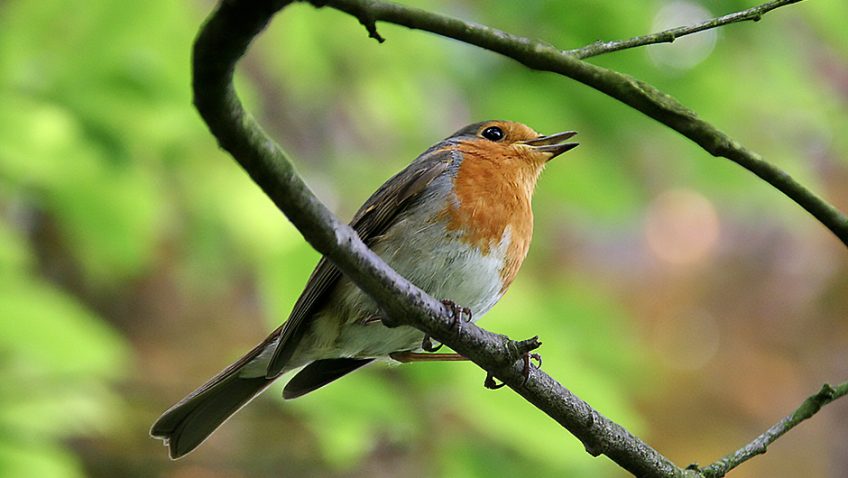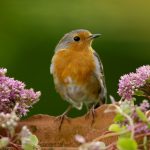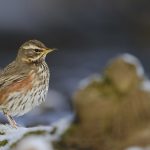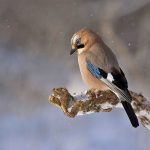It’s felt like a cold winter so far, but apparently, January temperatures in England and Wales were 1°C above the long-term average, triggering wildlife to stir from its winter slumber earlier than usual.
The dawn chorus – nature’s soundtrack – is one of the most well known and loved signs that spring is well on its way. Starting with the sweet, simple melody of the blackbird, shortly followed by the robin, wren and many others, the dawn chorus builds fast during February and into March with more places coming alive with the sound of bird song as the months go on.
Early call
But it isn’t just our garden birds that have been exercising their vocal chords. The booming call of Britain’s loudest bird, the bittern, was heard as early as mid-January at RSPB Ham Wall, in Somerset. Meanwhile the gruff, far-carrying call of early-nesting ravens have been heard on a number of reserves as they take to the skies to perform their acrobatic, tumbling displays, usually only seen at this time of the year.
Debra Depledge, RSPB Wildlife Advisor, said: “As we emerge out of winter and into spring, RSPB reserves will become a hive of activity as birds furiously prepare for the start of the breeding season.”
The sight and smell of early-flowering woodland plants such as bluebells, primrose and daffodils have also started to greet people in their gardens or while enjoying a woodland trail. These plants have evolved over many years to flower before the woodland canopy closes overhead, plunging them into darkness.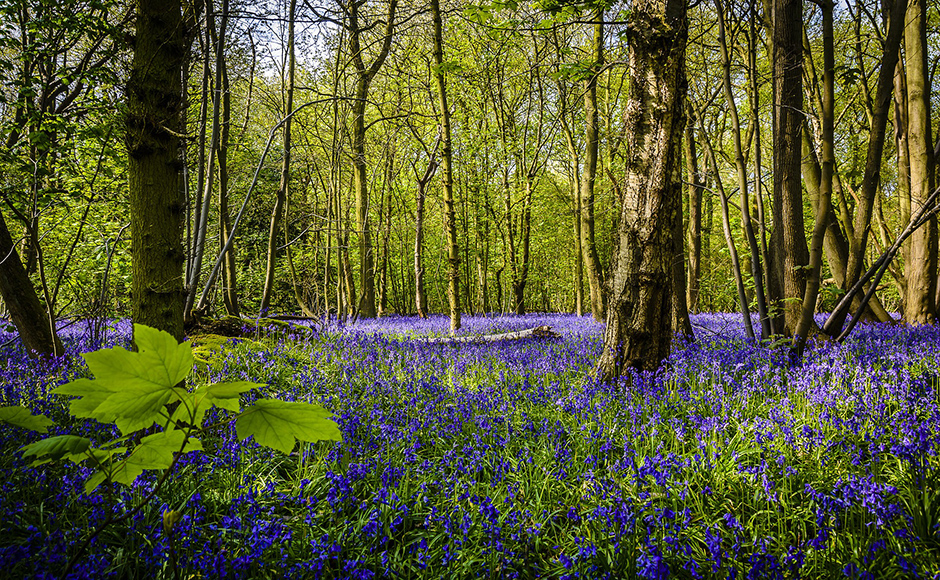
Time to get out and about
The signs of spring arriving makes it an exciting time of the year to explore the sights, sounds and smells on RSPB reserves.
From the fresh green growth pushing through the soil and bumblebees emerging, to bluebells creating a stunning blue carpet in woodland glades, there is plenty to enjoy. It’s also the mating season for many animals and this results in some bizarre behaviour.
Find an RSPB reserve near you and start uncovering the amazing signs of spring, visit www.rspb.org.uk/reserves

